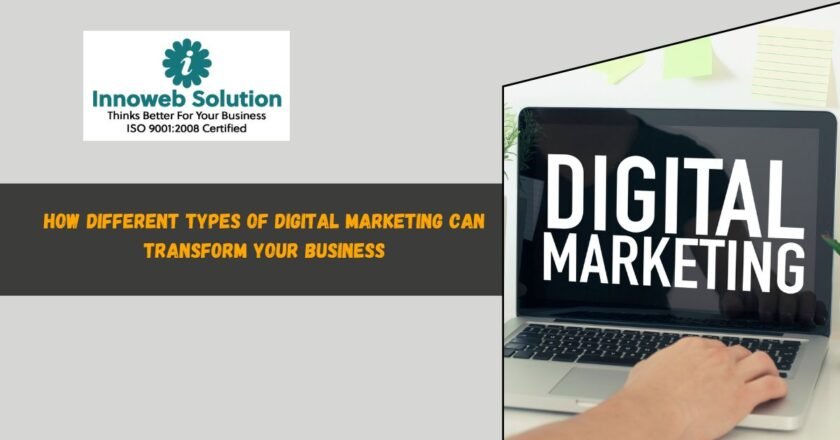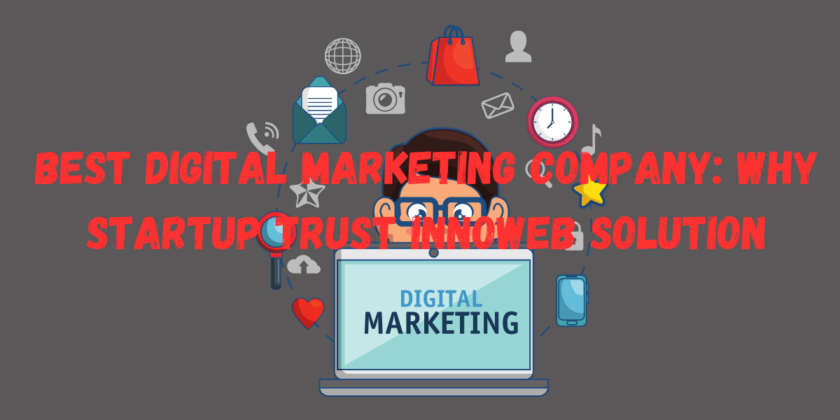SEO vs Paid Ads? In the fast-changing world of digital marketing, small businesses frequently find themselves asking an important question: SEO or paid ads? Like, seriously, what should we invest in? When you have few resources and even fewer bucks to spend, investing in the best digital marketing strategy often determines whether your business survives in today’s online world or it will go downhill. SEO and paid advertising complement each other and should be used separately to achieve different goals—this statement is not fully true. Grasping the fundamental purposes, advantages, and best uses of both, depending on the situation, can empower small businesses to choose the right option and emerge victorious with data-based decisions that drive results.
In this whole article, we’ll see what works best for small companies, if it’s SEO or paid acts.
Also Read: How to Choose the Best Digital Marketing Company in Greater Noida (2025 Expert Guide)
Search Engine Optimization (SEO):
Search Engine Optimization (SEO) refers to the process of improving your website and content in order to rank higher in organic (non-paid) search engine results. It includes tactics like keyword research, content development, on-page SEO, link building, and website speed and mobile-friendly optimization. The objective in SEO is to get your website to show up on search engines like Google for relevant searches, but not through directly buying ads to place yourself there.
Paid Ads:
Paid advertising is also known as pay-per-click (PPC) advertisement. Social media platforms usually use platforms like Google Ads, Facebook Ads, Instagram Ads, LinkedIn Ads, and more for advertisement purposes. Advertisers pay per click (CPC), per impression (CPM), or per conversion (CPA), and results are usually faster and more easily manageable than through organic strategies.
SEO is often thought of negatively as a long-term investment, but it has many benefits, like
Benefits:
Benefits include tackling climate change, boosting clean energy jobs, creating safer streets, and cleaning the air.
- Long-term savings: While SEO often needs upfront investment for tools, content creation, or professional services, in the long run it is less expensive than constantly funding ads.
- Credibility and trustworthiness Users generally trust organic results over sponsored results, making SEO one of the best approaches to establish your brand authority.
- Sustainable LED traffic Once your site ranks, it keeps earning traffic over time with little upkeep.
- Improved ROI over time Savings from organic traffic add up — once you’ve built your organic presence, it continues to convert without requiring repeated investments.
Challenges:
- Requires patience, as SEO is not as helpful as it seems. You will not get an instant solution. We know that with a new program, it can take many months to even start seeing significant results.
- Never-ending improvements and adjustments are there. Algorithms change automatically, and your competitors are never behind when it comes to ranking. You have to stay ahead of what’s new, what’s trending, and what’s the best practice.
- Heavy lifting involved: Creating high-quality content, targeting the right keywords, and optimizing consistently—it’s all essential and resource-heavy.
Paid Ads As far as instant visibility and control go, you can’t do much better than PPC and paid ads.
Also Read: How Different Types of Digital Marketing Can Transform Your Business
Benefits:
Benefits include tackling climate change, boosting clean energy jobs, creating safer streets, and cleaning the air.
- Immediate impact: Once you launch your ads, you can have traffic sent to your website within hours.
- Highly targeted: You can narrow your audience based on location, age, interests, and behaviors.
- Measurable and trackable: Platforms like Google Ads and Meta Business Suite offer robust analytics for tracking performance.
- Perfect for short-term campaigns, product launches, events, and other time-sensitive offers.
Challenges:
- Continue paying—as soon as you stop funding, your presence is gone.
- Expensive: If you’re in a highly competitive market with a lot of other businesses competing for the same keywords, this can lead to bidding wars that quickly rack up costs.
- Ad fatigue—Audiences will start to blank out ads after some time if you don’t refresh them or update them creatively.
So, Which is Better for Small Businesses: SEO or Paid ads?
There’s no single correct response. The right approach will depend on your objectives, programmatic priorities, and available timeline and budget.
If you’re interested in being able to
- Create authority and credibility; online visibility SEO wins every time.
- Want instant traffic, leads, or sales? Paid ads will get you the results quicker.
The best move is usually found in smartly mixing the two approaches.
Also Read: Best Digital Marketing Company- What Make Innoweb Solution Unique
Which is preferred more-SEO or Paid ads?
For the majority of small businesses, an integrated approach is the most effective. Here’s how you can do right by both your visitors and paying sponsors.
- Paid advertising helps jumpstart your traffic and start getting you leads in the meantime while your SEO efforts are just starting to sprout.
- Instead, concentrate SEO efforts on fewer pages/keywords that will have the biggest impact and perform best over time for less cost in the long run.
- Run ads to test which keywords drive the best conversions, then create SEO content targeting those high-performing terms.
- Allowing both paid and organic to work together, retargeting visitors through paid ads based on organic visitation is a surefire way to increase conversions.
Conclusion:
Not every scenario has one answer in the SEO vs Paid ads debate. It’s not so much a debate about one or the other as knowing how and when to apply each. For small businesses, arguably the most vulnerable of which are those newly starting out, paid ads can help generate quick visibility while SEO attracts long-term, sustainable growth and trust. By capitalizing on the strengths of each strategy and customizing them to fit your unique goals and resources, you’ll set your business up for digital success.
Ultimately, though, it comes down to strategy, discipline, and a willingness to adjust in response to what the data reveal. With the right combination of SEO and paid advertising, no business is too small to compete or win in the digital economy.




